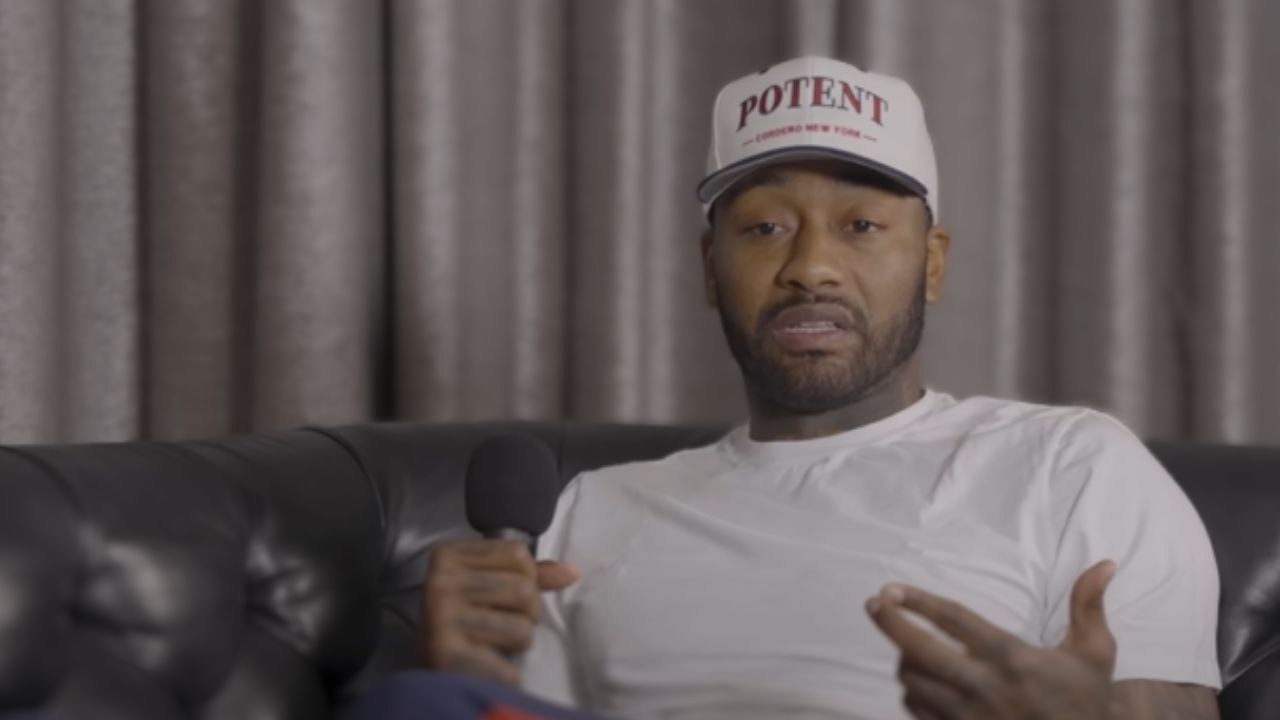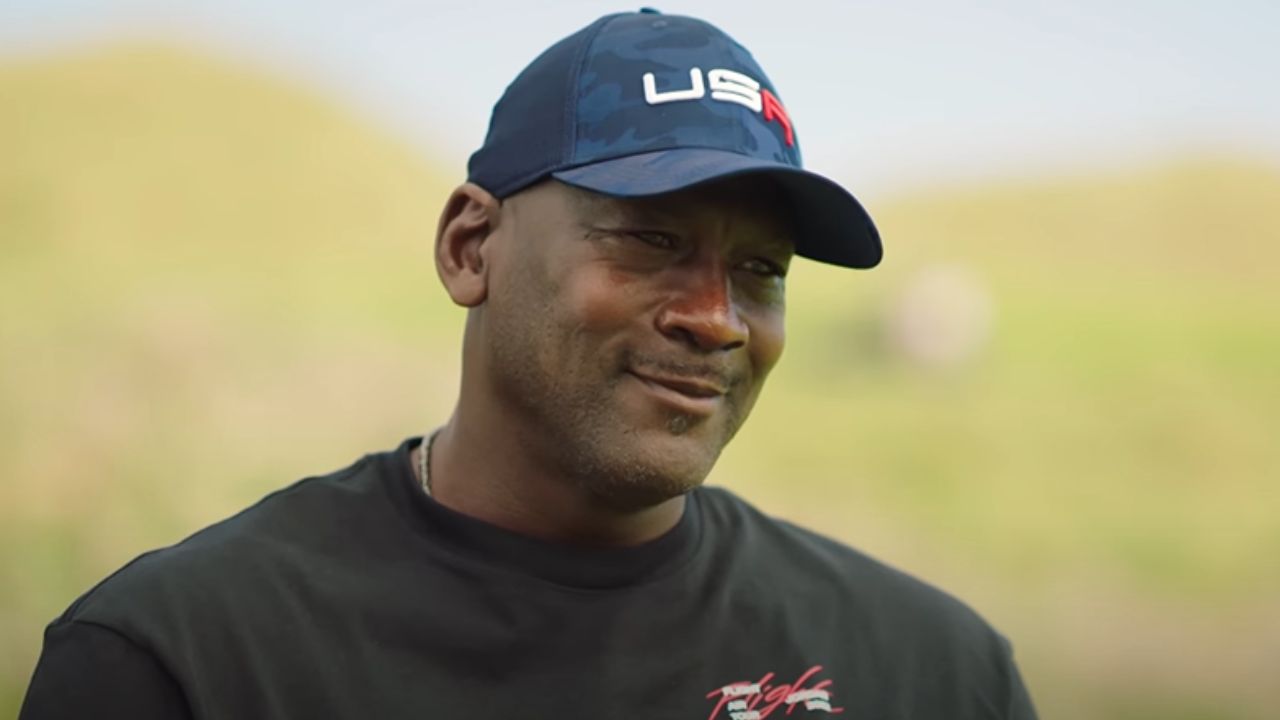In an era where the business of basketball intersects as much with performance on the court as it does with negotiations off it, John Wall’s journey through the NBA landscape has ignited a flurry of debates and discussions. The recent revelation by HoopsHype’s Real Value metric, listing Wall as the most overpaid NBA player of all time, has not only sparked conversations but also highlighted the complex dynamics of athlete contracts, the unpredictability of sports careers, and the pivotal role of agents in navigating these treacherous waters.
John Wall, a name synonymous with dazzling speed and breathtaking plays, has seen his career trajectory take unexpected turns, marred by injuries and organizational shifts. Despite these setbacks, Wall’s financial earnings have been nothing short of astronomical, accumulating to a staggering $276.4 million over his career, with a net worth reported at $110 million. His placement atop a list that no athlete aspires to—surpassing the likes of Gordon Hayward, Klay Thompson, Tyson Chandler, and Juwan Howard—has turned heads and elicited a myriad of reactions from the basketball community.
The narrative of Wall’s career is a testament to the volatile nature of professional sports, where an athlete’s value is perpetually at the mercy of their last performance or their ability to stay healthy. After signing a mammoth max contract with the Washington Wizards in 2017, valued at 4 years and $171 million, expectations were sky-high. This deal was a monumental vote of confidence, building on a rookie deal of $24 million and a subsequent five-year, $84 million agreement. Wall’s early career with the Wizards was marked by All-Star appearances and playoff runs, underscoring his potential to be among the league’s elite.
However, the cruel twist of fate in the form of injuries cast a long shadow over Wall’s promising career. The 2017-18 and 2018-19 seasons saw him sidelined for a significant number of games, with the 2019-20 season—a year marred by the COVID-19 pandemic—seeing him not play a single game despite earning $38 million. His subsequent move to the Houston Rockets, and the colossal contract buyout that followed, underscored the risky gamble of long-term, high-value contracts in professional sports. Wall’s tenure with the Rockets, capped at just 40 games, cost the organization $126.2 million, a staggering sum that has contributed significantly to his notorious ranking.
Despite these challenges, Wall’s prowess on the court, when healthy, was undeniable. His brief resurgence with the Rockets in the 2020-21 season, where he averaged 20.6 points per game, served as a reminder of his talent. Yet, the harsh realities of his contract situation and his inability to consistently contribute on the court have led to his current status as a free agent, leaving his future in the NBA uncertain.
The reaction from fans and commentators alike has been mixed, with many expressing admiration for Wall’s agent, Rich Paul, for securing such lucrative deals for his client. Paul, a prominent figure in the sports world, is known for his astute business acumen and his role in shaping the careers of several high-profile athletes. The comment, “Wall needs to build his agent a statue,” encapsulates the sentiment of awe and disbelief at the financial windfall Wall has received, despite the downturn in his professional fortunes.
This situation opens up broader discussions about the nature of athlete contracts, the role of agents, and the risks organizations take in investing in talent. It also highlights the human aspect of sports, where athletes like Wall navigate the highs and lows, their legacies intertwined with both their achievements and their contracts.
As the dust settles on this revelation, the basketball world watches keenly to see what the next chapter holds for John Wall. Will he make a triumphant return to the court, proving his detractors wrong, or will his career be remembered more for its financial implications than its on-court exploits? Only time will tell, but John Wall’s story is a poignant reminder of the unpredictable journey of a professional athlete, where glory and controversy are often two sides of the same coin.






